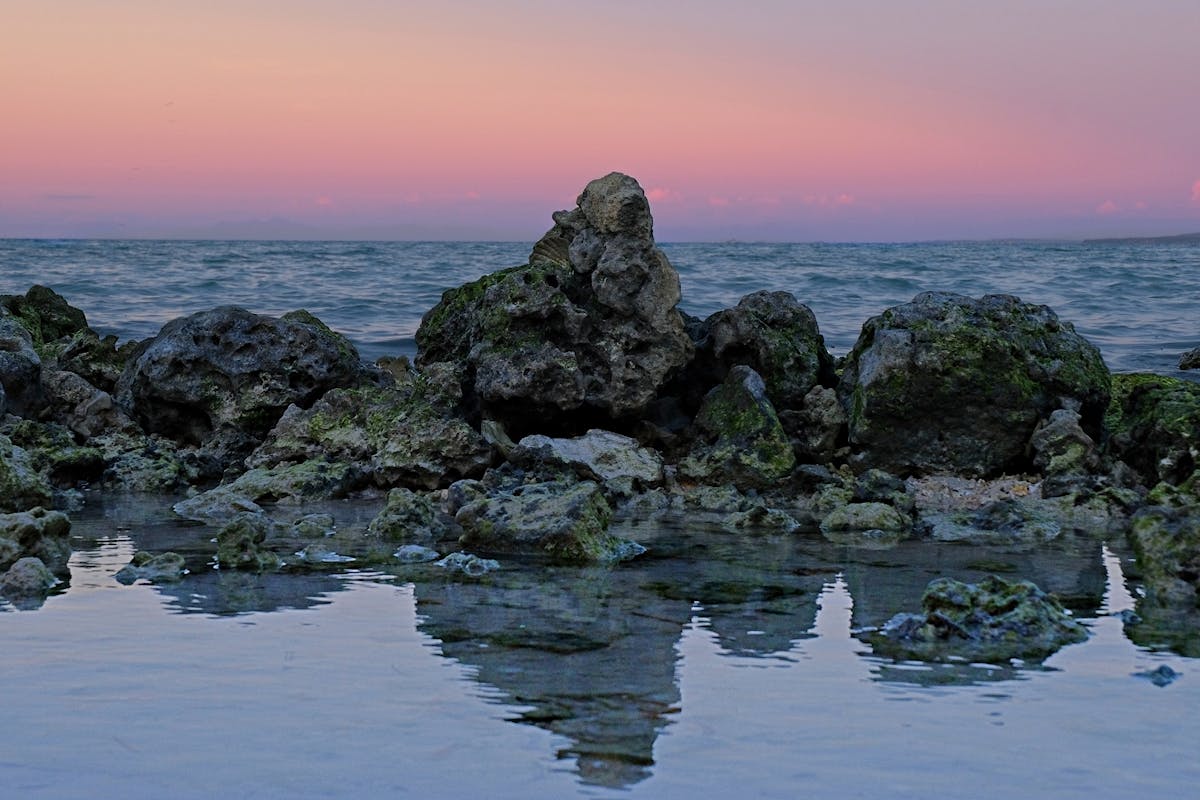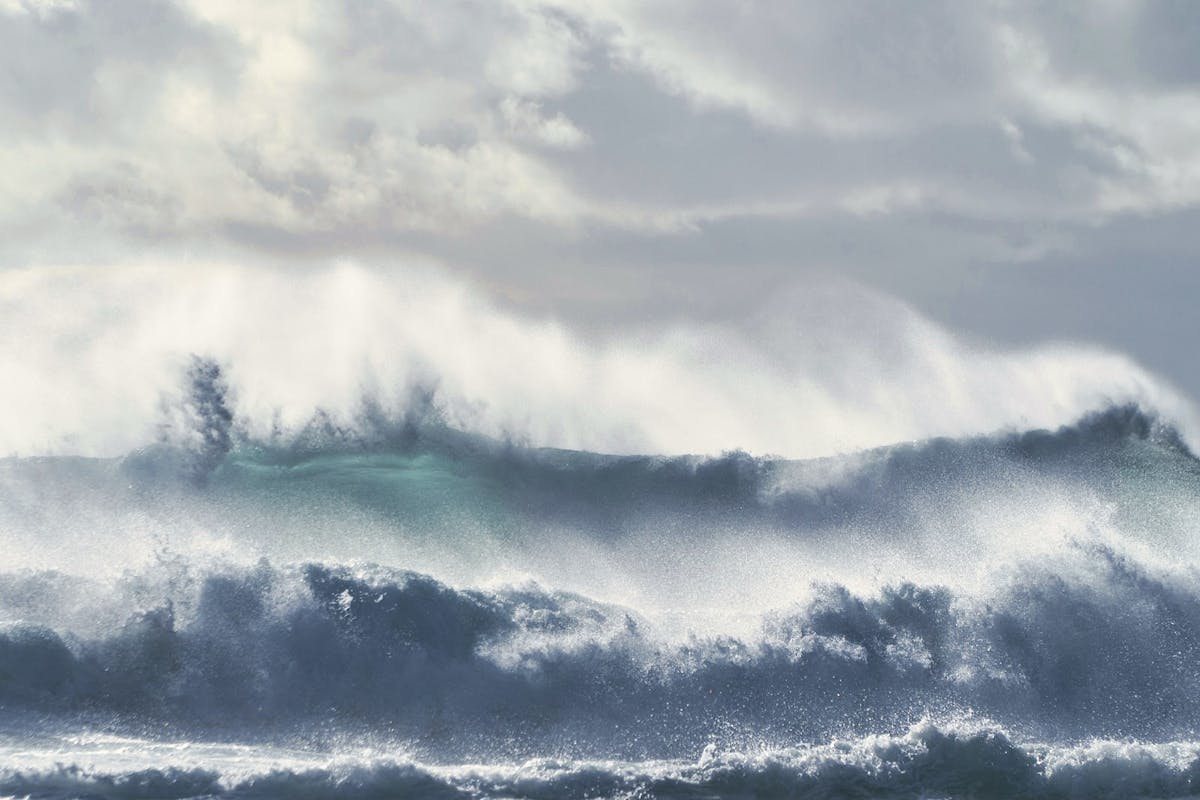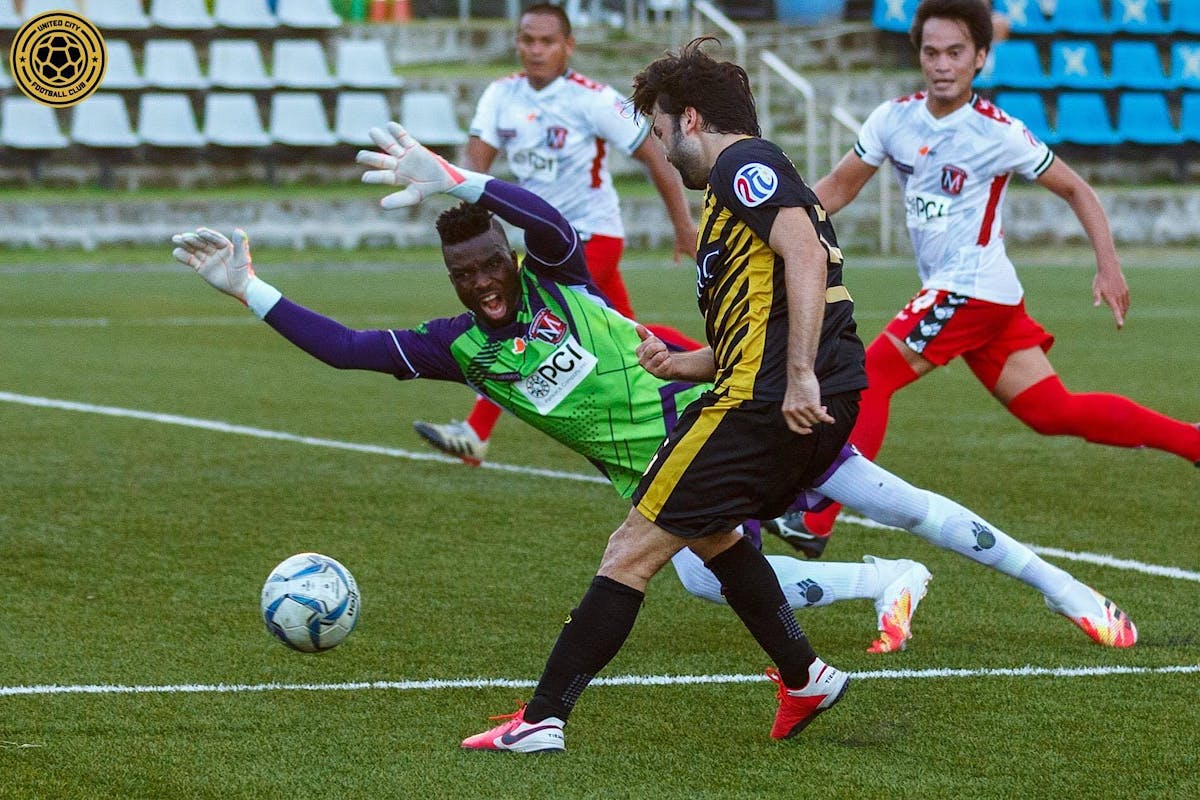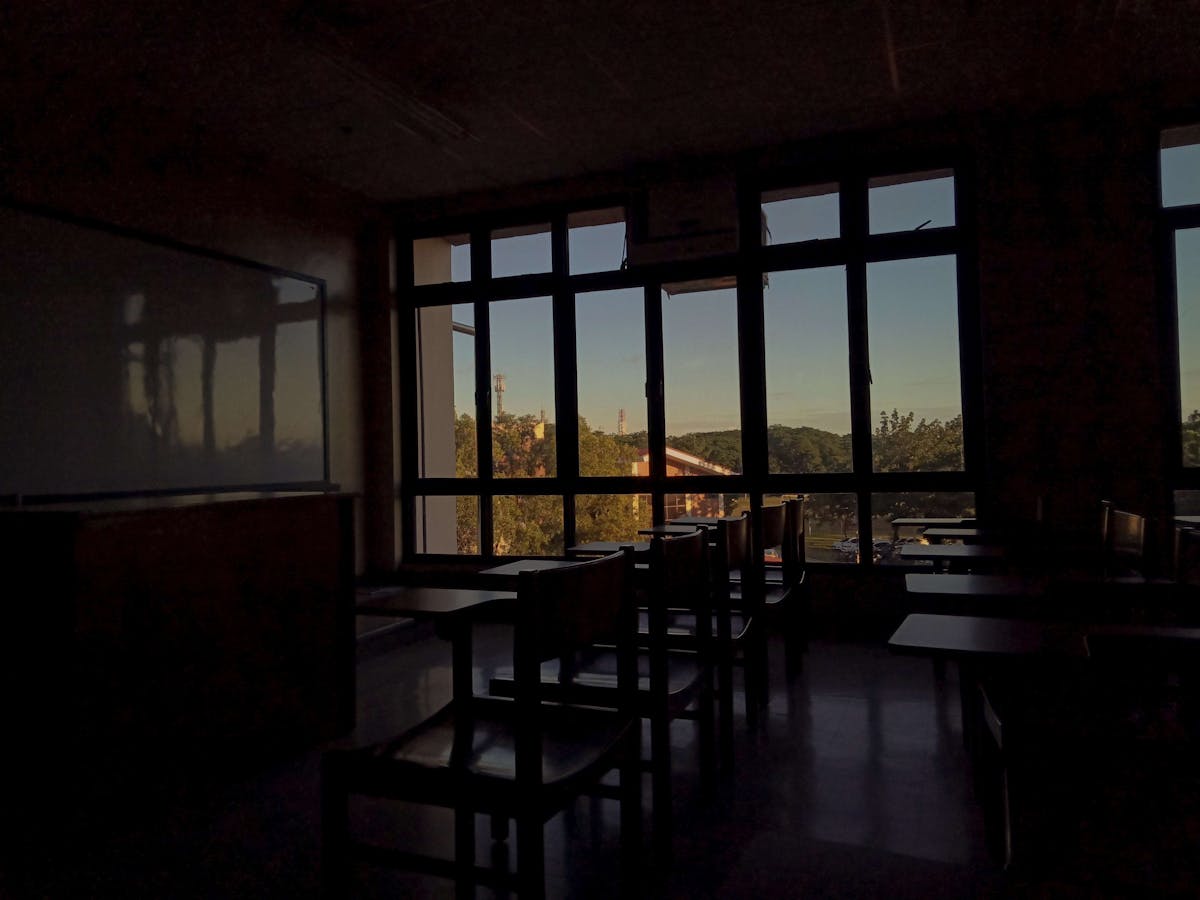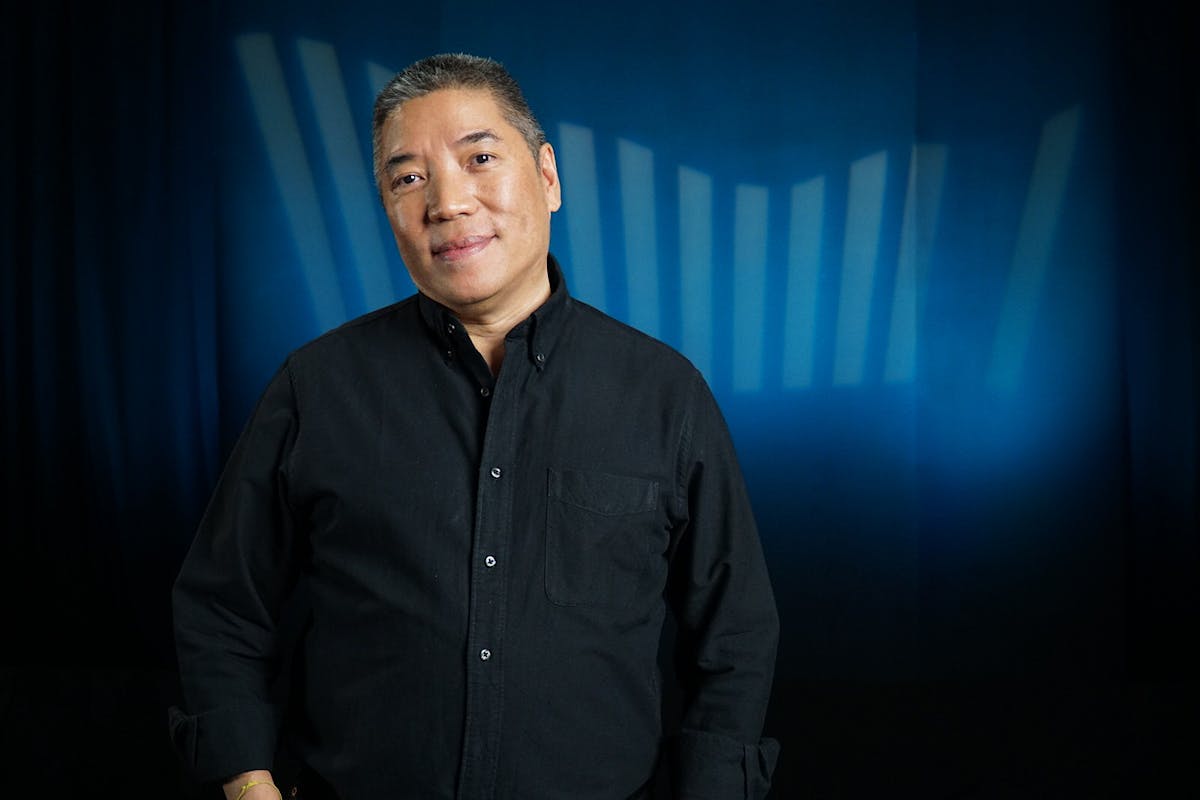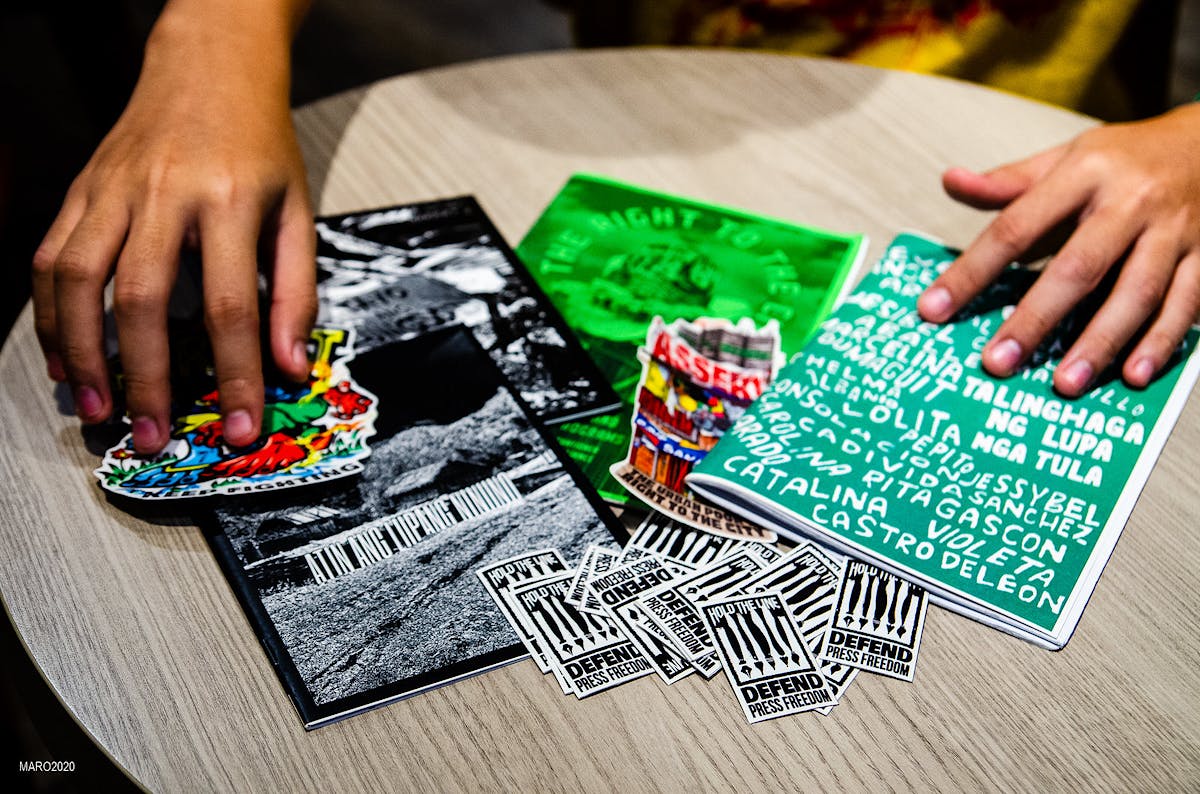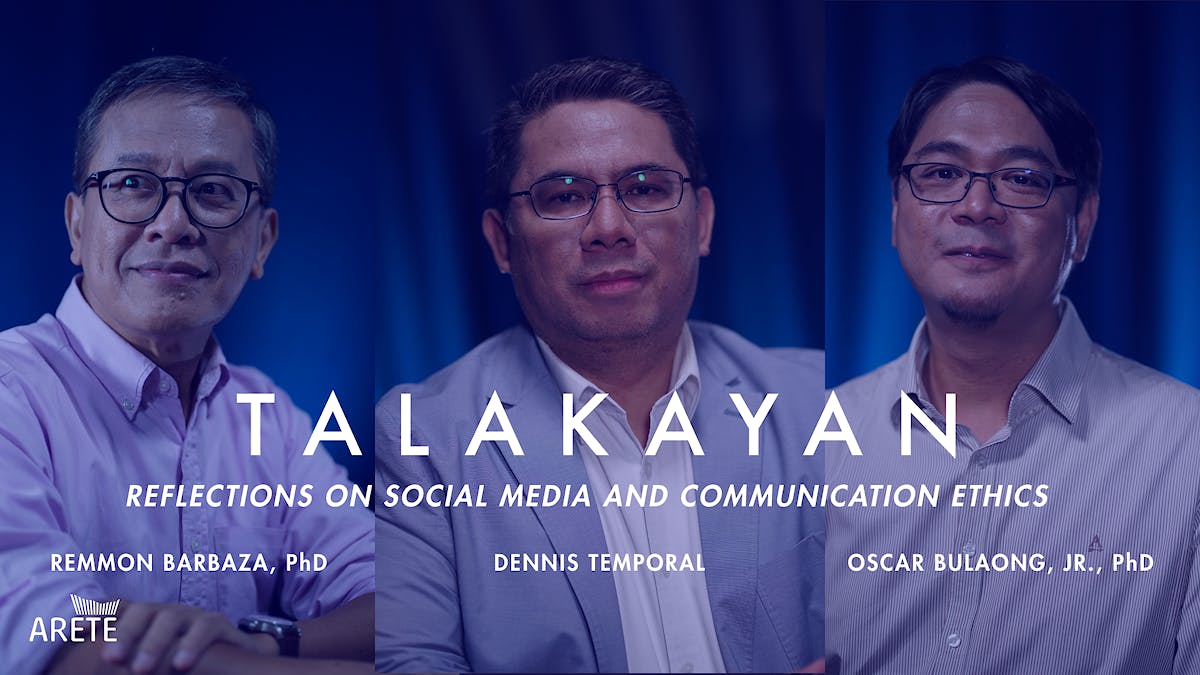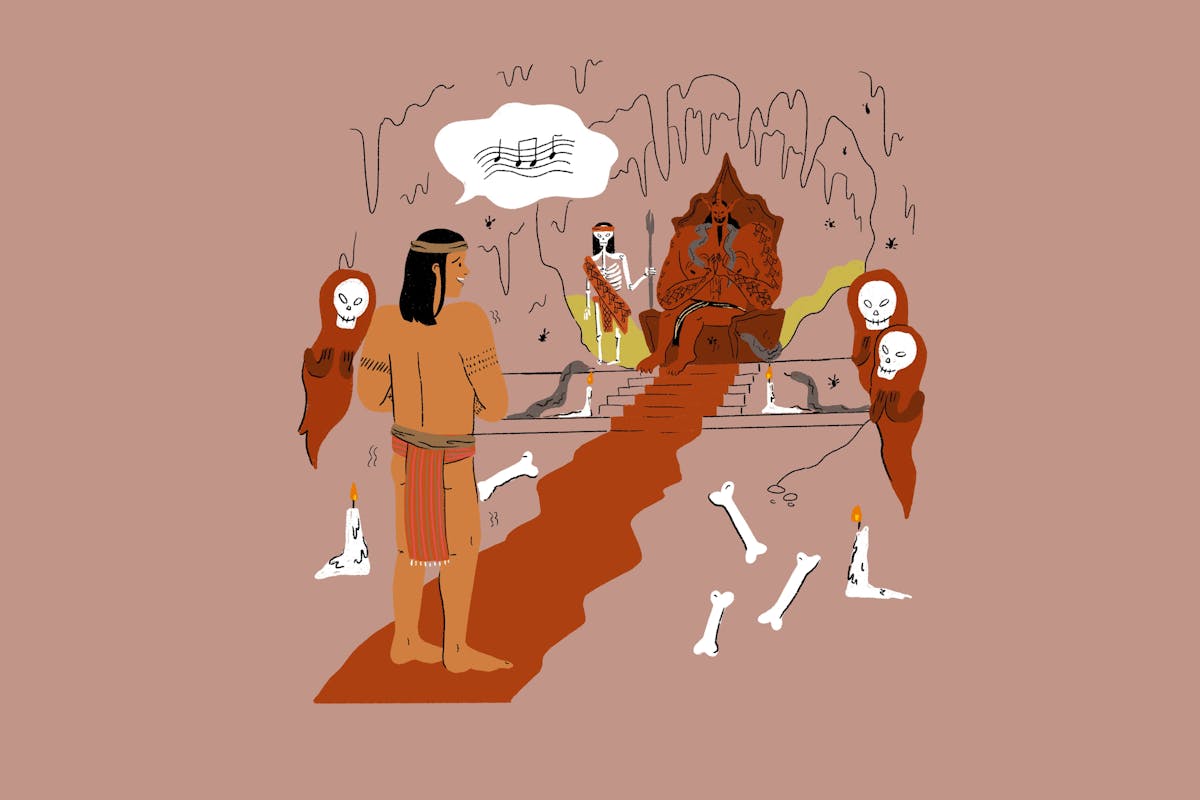
Our Way Forward
Media – Disruption, Dynamism and New Directions
There is no denying the defining quality of the disruption that is Covid-19. It has affected everyone across the globe. The media ecosystem is one of the most affected: conventional roles of content, channels, consumers, communities, commerce and context are all in flux; transforming and pivoting.

There is no denying the defining quality of the disruption that is Covid-19. It has affected everyone across the globe. The media ecosystem is one of the most affected: conventional roles of content, channels, consumers, communities, commerce and context are all in flux; transforming and pivoting. This widespread disorder, exacerbated by the abrupt shutdown of the Philippine’s biggest media conglomerate demonstrated the dynamism of the media, and its accelerated journey towards new directions.
EMCQ – Evolving Media Consumption Quotient
Locked down in our homes, we see sweeping changes in our media behaviors. Established habits and routines were interrupted and new ones were adopted. With restricted movements imposed on people, billboards and transit platforms lost massive chunks of their audiences. Out-of-home entertainment disappeared, entire sporting calendars cancelled, movie theaters closed, concerts and events were put on hold.
Filipinos turned to good, old Television
As entertainment productions were suspended, celebrities broadcasted from their homes, struggling with their spiels and spotty internet connections. Despite restrictions, TV strengthened its dominance, increasing viewership.
However, when their favorite Kapamilya network disappeared, the masses voiced disapproval. It proves that content is king when 4.5 million viewers turned-off their TV sets after the last broadcast of the network, migrating to other platforms to get their entertainment and information fix.
The biggest winner is digital
Consumption for digital broadened and choice of content changed. With accelerated usage, digital upgraded its status in the Philippines as a mainstream platform. We consumed and shared unprecedented amounts of information on Covid-19 – from health information, to tips and personal stories of coping. A new word, infodemic was coined to describe the deluge of information that overwhelms us, leaving us to select which to listen to.
Those with the means to subscribe to streaming services and stable internet access turned to OTT (over-the-top media services bypass broadcasted content as they are available online) such as Netflix and YouTube. Paid entertainment shifted to what can be accessed from home.
Monetizing content
A new commercial ecosystem is emerging where digital now plays a pivotal role and new ways of monetizing content is developing. The opportunity to provide “free” internet access to the masses using advertising budgets in exchange for views and brand purchases may be the way forward.
New experiences are waiting for us when we watch from our homes future sporting events playing in empty arenas and concerts performing in empty halls. Imagine the power of the Filipino on social media in the next Ms. Universe pageant!
Voices online
Social media’s reach was demonstrated when ABS-CBN’s news program TV Patrol aired on FB Live, with almost 8 million watching the broadcast, sending comments and reactions while the show was on-going. Social media became an even stronger platform as we used it to express our emotions - anxiety and fear for ourselves and our families, anger and criticism directed at authorities who are struggling to lead us, happiness and hope as we support new heroes and help the most disadvantaged. For example, concerts for a cause were staged on Facebook and audiences generously rewarded them with monetary support.
While troll farms crowd our timelines, they cannot match real people expressing independent thoughts.
Experts are the rockstars
Experts’ opinion is on the rise. Not only do we listen to doctors, scientists, researchers and data analysts, we are also listening to authorities from different industries – economists, banking, real estate. In China, the pandemic gave rise to Key Opinion Experts (KOE) who may not be as pretty as the paid endorsers mouthing scripted lines, but are authorities on the products and services they offer: who can talk, demonstrate and answer questions intelligently, using digital platforms. Health care and economics need to be consumerized. Experts’ messaging and visuals need to be recrafted, made simpler, shorter, more appealing as they are now speaking to a general audience, not just fellow experts and those who understand technical jargon.
The rise of how-tos
The type of content searched on Google is likewise changing. Instead of the usual habit of looking for products, brands and places to visit, we are searching for solutions: “how-tos”, DIYs and hacks to help us solve challenges that we are not used to dealing with. The search for recipes increased with a new generation of first time cooks, used to eating in fast food chains and restaurants, trying to replicate and plate their favorite chef’s best sellers. Home cooking is a trend that may well continue post Covid-19 as safety and health concerns continue to be a top priority.
E-volution of business
Businesses were compelled to move rapidly from bricks to clicks; accelerating their adaptation to new commerce streams using digital technology. Tele-medicine, online doctor consultations and virtual triage areas were set-up instantaneously because routine medical check-ups became near impossible. E-commerce, home deliveries, drive-throughs and pick-ups became a necessity. Savvy e-commerce shoppers increased their purchases online and many first time online buyers overcame previous barriers and pain points.
Everything old is new again
Technology fueled a resurgence of hyper-localism, going back to how it used to be. Market vendors with tricycle drivers are now going to their customers to deliver fresh produce, aided by pre-orders using apps, knowing personal preferences of their sukis. This is also evident in politics where suddenly many previously unknown city/town mayors are capturing national interests because of good or not so good things that they are doing in their localities during this crisis.
Global habits to local values
Already a growing trend even before the crisis, we see cultural values transforming quicker from global back to local. The lockdown divided us geographically – barangays, towns, cities and provinces are zealously guarding their territories with no outsiders allowed. Neighborliness was rediscovered as we relied on those in our closest communities to help us in our times of need. Sadly, the crisis also magnified the country’s economic divide leaving the poor very vulnerable.
What we think will endure are adoption to new technologies and infrastructure upgrades for companies, cities and consumers to keep up with our new behaviors. Using digital technology not just to connect and communicate but also to be entertained and informed create new experiences and purchase will be the new normal for everybody. Netflix, Spotify, Food Panda, Lazada, Lalamove will be joined by more technology players catering to these new consumer activities and demands. Among them, e-payment systems like G-Cash or Cashalo and PayMaya, and more. Media platform switching is now a habit and mergers of online and offline channels will foster more innovations.
The ultimate killer app
IPG Mediabrands APAC cited on a thought leadership piece “The Race to the Next Platform”, the rise of the super app, an umbrella app that covers many apps with functionality that ranges from content sharing to social media posting, movie bookings, taxi-hailing, payments, video calls, shopping and more. The Super App, a single digital platform that will unite disparate consumer requirements in one platform that is now widely used in China.
Personal experts at your service
Expertise will rise and will be valued more than ever. Doctors, scientists, economists and professionals will be the new superstar athletes of a completely different ball game. Companies will add to their communication channels, their in-house experts or “own media”, pitching and educating us directly online, with authority and credibility, in the language of their consumer. The virtues of their products and services will cater to a very targeted audience, in specific localities addressing concerns almost on a personal level. The intelligent use of data to address the right audiences will be more advanced making targeting more efficient and effective.
A brave new world
A year from now, we will get a new generation of consumers, new rules, new products and new experiences. The media ecosystem will continue to evolve where relevant content, new channels and new commerce are more seamlessly intertwined with the new consumers.
It will be a brave new world – and all of us will not just be spectators but participants and warriors in this future.


